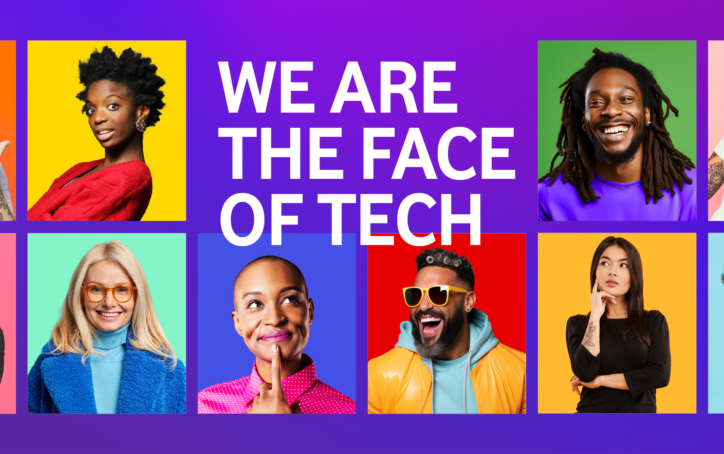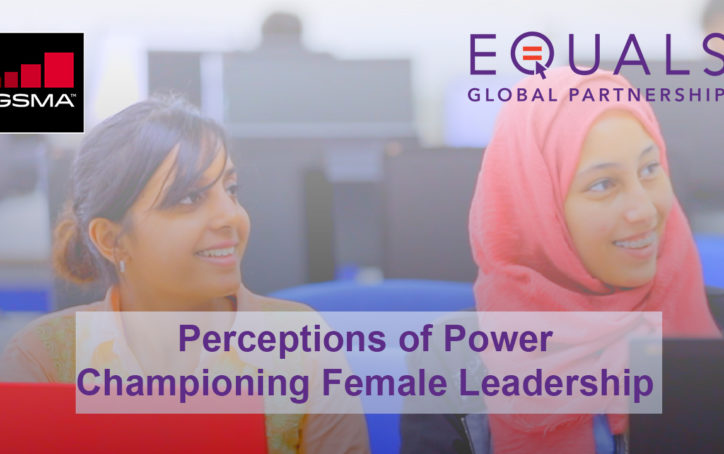How our F-LANE start-ups are supporting digital transformation in Africa
Africa is home to more young people than anywhere else in the world. Young, innovative small and medium enterprises (SMEs) are the backbone of its economies, driving up to 90% of all business activity beneath the Sahara.
Through our Vodafone, Vodacom and Safaricom brands, we have become a pan-African tech leader providing not just greater access to consumer and business telecom services, but also financial services via M-Pesa, the continent’s leading financial technology (fintech) platform, and a range of value added digital services in sectors including education, health and agriculture.
Vodafone is a champion of digital transformation in Africa. Here, three start-up graduates of the F-LANE accelerator, a Vodafone Institute initiative which supports innovators using tech to empower women around the world, explain how they’re working to meet challenges faced in Africa through digitalisation.
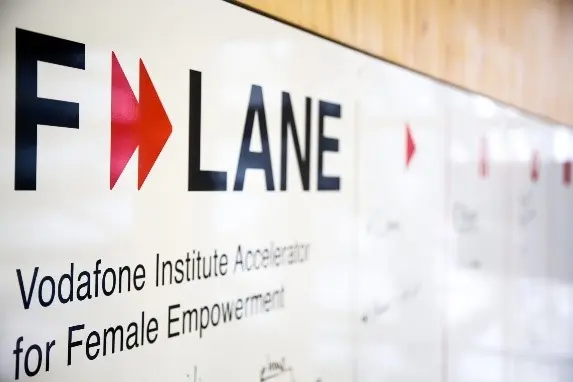
Natasha Buchler is co-founder of online retailer Akojo Market, which champions African designers and independent fashion, accessories and homeware brands. Natasha frequently had to travel across Africa in her previous job.
Natasha said: “I was blown away by the skill and beauty of the products I encountered from artisans which were not available in the UK.”
Natasha established Akojo Market with her co-founder Annie Rudnick to connect European customers with artisans from across Africa. Mobile connectivity in Africa, of which Vodafone is a major provider, has been critical to enabling businesses there to sell their products through the platform.
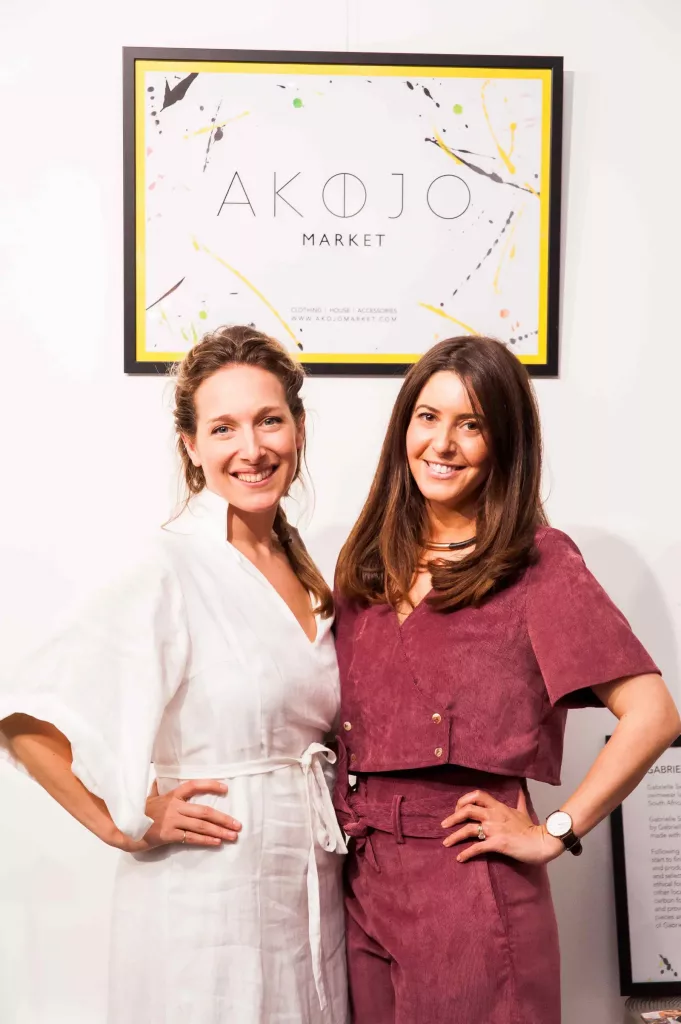
“We would not be able to operate without widespread internet. Our business model works through contacting brands, sharing footage of products and ensuring due diligence,” Natasha added.
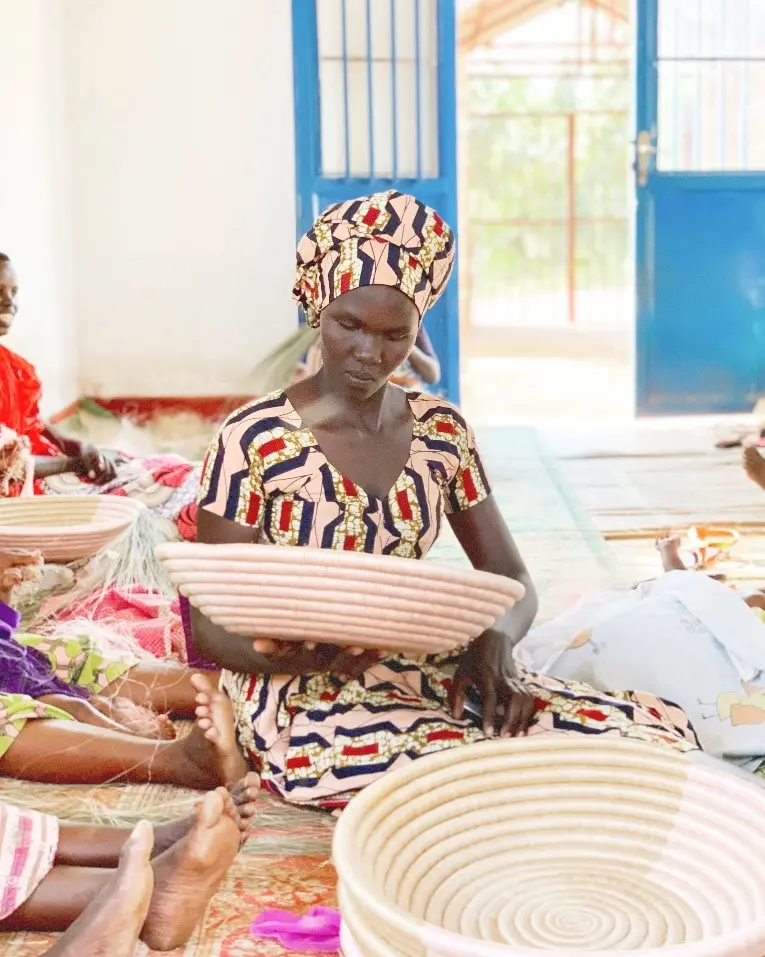
Bidhaa Sasa, (‘Products Now’ in Swahili), a company founded by David Disch and Rocio Perez-Ochoa, is working to help rural communities in Kenya access essential equipment and home technologies. Many do not have access to basic goods such as solar lamps or cooking stoves, for example, or find them prohibitively expensive. Bidhaa Sasa has responded by offering affordable solar lighting products, clean cooking devices and agricultural equipment to those communities, accessible through mobile money platforms like M-Pesa and affordable payment plans.
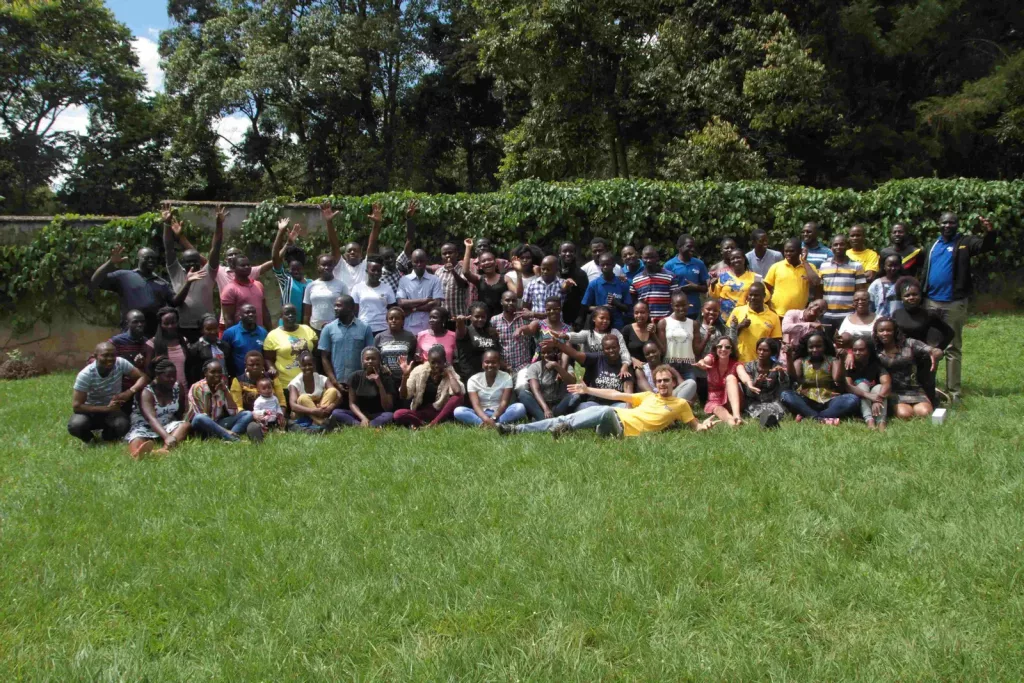
Rocio Perez-Ochoa said: “Bidhaa Sasa was born as a result of the divide between urban and rural populations in Kenya. Rural women are being left behind.”
Commenting on the importance of digital, Rocio continued: “We digitised all our processes in 2015 with a mobile-first infrastructure. We’ve been able to collect data and analytics to both improve the service and identify future market opportunities for the business.”
Engaging with the rise of fintech in Africa
Where fintech companies in European economies are typically designed to enhance a pre-existing financial service such as banking, in Africa fintech has often enabled access to more simple financial services where there was none before, such as secure, cashless mobile payments across long distances.
Hiveonline emerged in response to this problem. The company uses blockchain to unlock access to affordable credit, insurance and savings for communities in the informal economy. It significantly reduces the cost and risk of lending, or providing other financial services, to informal businesses.
Sofie Blakstad, co-founder at hiveonline said: “Sub-Saharan Africa is unique in that Euro-American banking has never been successful there – 66% of adults are unbanked, capital markets are undeveloped and residents turn to lower-inflation currencies for stores of value, if they can access them.”
“Fintech has already made a major difference in giving people access to mobile money and basic banking services, and more people own a mobile phone than have a bank account […] but it comes with huge risks, especially to people’s privacy and data protection.”
Hiveonline’s blockchain technology works against this, ensuring customer date is kept safe and secure.
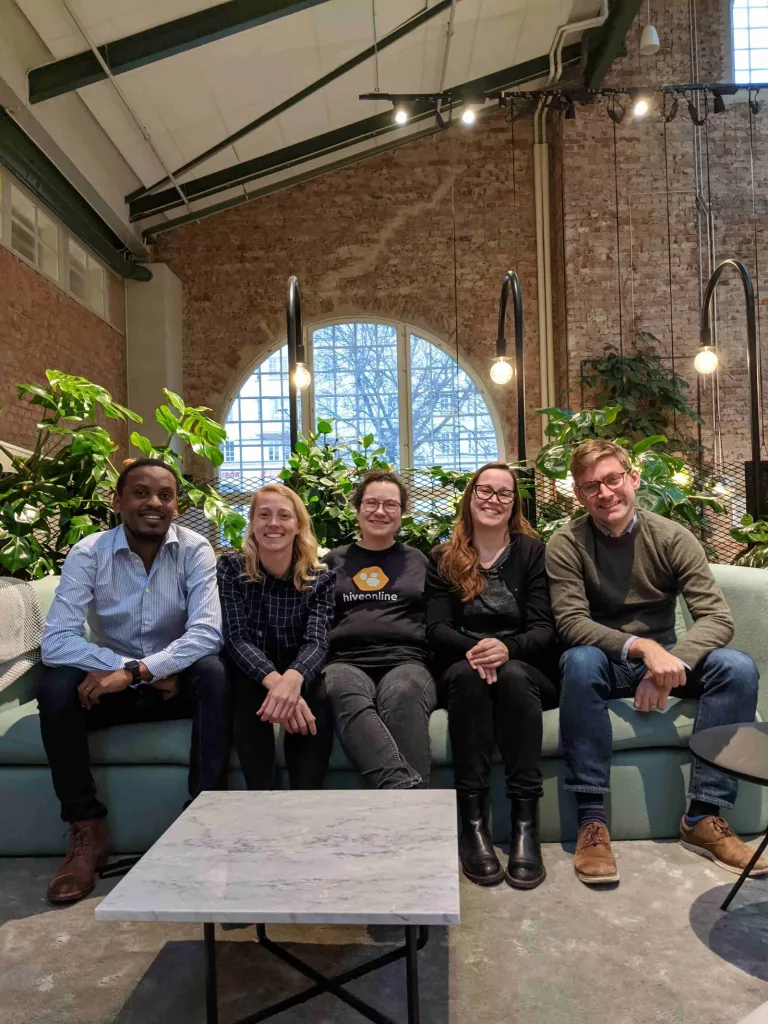
Zoora, another company to have recently graduated from the F-LANE accelerator, is a community platform which provides educational services through a digital platform. Sarah Baryaija, Zoora founder, argues that education through a digital platform has become much easier thanks to pre-existing digital services, such as M-Pesa.
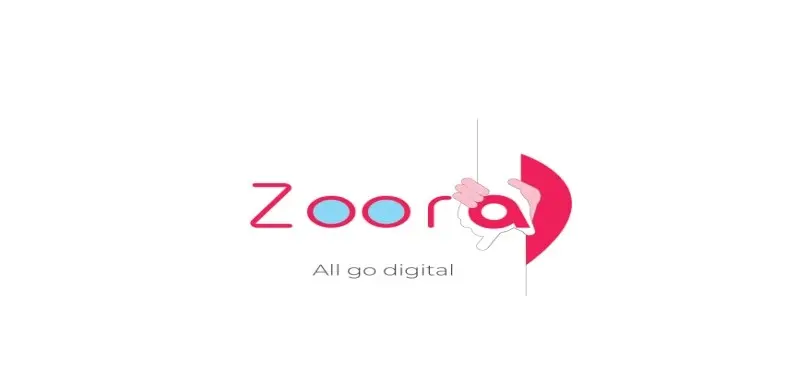
Sarah commented: “M-Pesa has helped to strengthen awareness of digital education and training as communities already knew you can enjoy a wide range of services on a phone such as mobile money.” The financial platform has also enabled Zoora to access clients and new markets more easily.
Africa – driven by young entrepreneurs, innovators and growing digital societies – has the potential to become a global hub for economic growth. The work of F-LANE graduates shows just how vital technology is to unlocking that potential.
Learn more about our work in Africa here.
